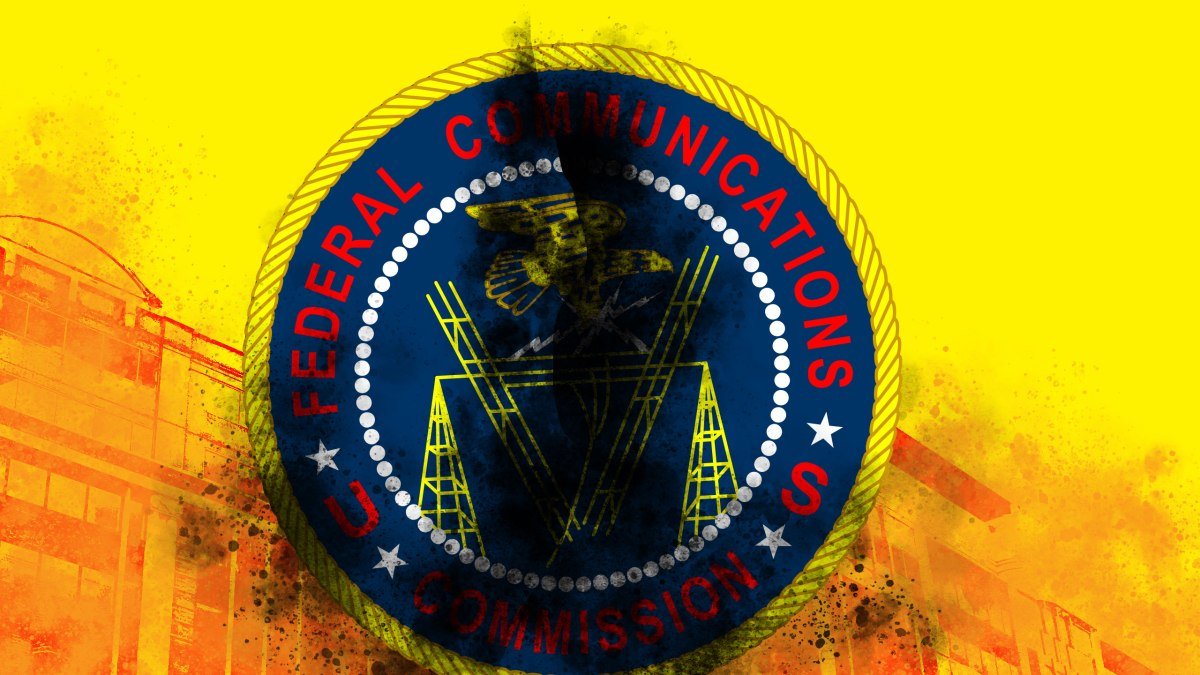Net neutrality’s journey towards federal protections against broadband meddling has been tumultuous, constantly switching between being put in place, taken away, and put back again. Now, its fate once more hangs in the balance, pending the outcome of the upcoming election in November.
If Joe Biden is reelected, there is a good chance that the current rules being implemented by the FCC will finally be solidified as law. However, if Donald Trump wins, net neutrality will likely be scrapped for one of several reasons.
But let’s focus on the better scenario, where the much sought-after protections are finally put into place.
As a refresher, net neutrality is the principle that internet service providers must not interfere with the traffic on their networks, whether it be through preferred deals, prioritization, throttling, or blocking. Despite its technical nature, this has become a highly divisive issue.
The FCC has expressed its intent to reinstate net neutrality under similar terms to those in 2015, but with updates to avoid the legal barriers that led to its rollback in 2017. The agency has released a Notice of Proposed Rulemaking, which will be voted on later this month.
Given the current composition of the agency, it is almost certain that these rules will pass. However, it will take some time for them to come into effect. And once they do, if there are no negative consequences, there will likely be efforts to enshrine certain aspects of the rule into law, possibly by modifying the Communications Act that grants the FCC its authority. This could potentially be achieved by tying it to another political issue, such as reforming Section 230.
In a future where Biden is reelected and the Democrats control Congress, this could become a reality sometime in 2025.
But this is a precarious future. If Trump is reelected, regardless of how likely this may seem or one’s opinion on his other policies, it will likely spell the end of net neutrality.
The simplest reason for this is that, as before, the new administration will appoint a new FCC Chair who will once again roll back the rules put in place by the previous administration. This was a stated priority of former FCC Chairman Ajit Pai following Trump’s inauguration in 2017, and it will likely be the same in 2025.
Companies that are against regulations, such as the FCC’s net neutrality plans, often use the call for federal legislation as a delaying tactic. They know that expert agencies move quickly and are difficult to sway, whereas Congress moves slowly and is relatively malleable. Therefore, after net neutrality is undone in 2025, there will be widespread calls for a law, but the chances of it being passed against a Trump veto are slim. And since laws are harder to revoke than rules set by independent agencies, this leaves net neutrality with no path to permanence.
The third threat to net neutrality comes from the Supreme Court, which has recently been fulfilling many conservative wishes. One of these desires for those who advocate for small government is to diminish or eliminate independent agencies like the EPA, SEC, Department of Education, and of course the FCC.
The Court is currently hearing a case, known as Relentless, that aims to overturn one of the most important precedents of recent times: the Chevron doctrine, which empowers independent agencies to interpret ambiguous laws using their expertise. For example, if a law states that drinking water must not be contaminated but fails to define what contamination means, the EPA or FDA is responsible for determining its definition. Depending on the outcome of Relentless, the power of these agencies could be severely diminished, potentially causing chaos in the entire federal regulation system.
If the FCC is rendered inoperable due to net neutrality being moot, it would be the least of our worries in this scenario. We would be facing a complete free-for-all across all industries, something not seen since a hundred years ago. Broadband throttling would be the least of our concerns, as we’d be dealing with environmental and labor disasters that pose a more immediate threat.
There is a possibility of a future where Biden is reelected, but the Relentless case sends us back to the dark ages. However, it is likely that a Biden administration would aggressively fight against the reduction of independent agencies, if only to retain executive power, which would be significantly curtailed by such a decision.
It may seem insignificant to be worried about the fate of net neutrality in such a crucial election, but in light of the jubilation surrounding its potential reinstatement, it is only reasonable to temper our optimism with a bit of caution and vigilance.








